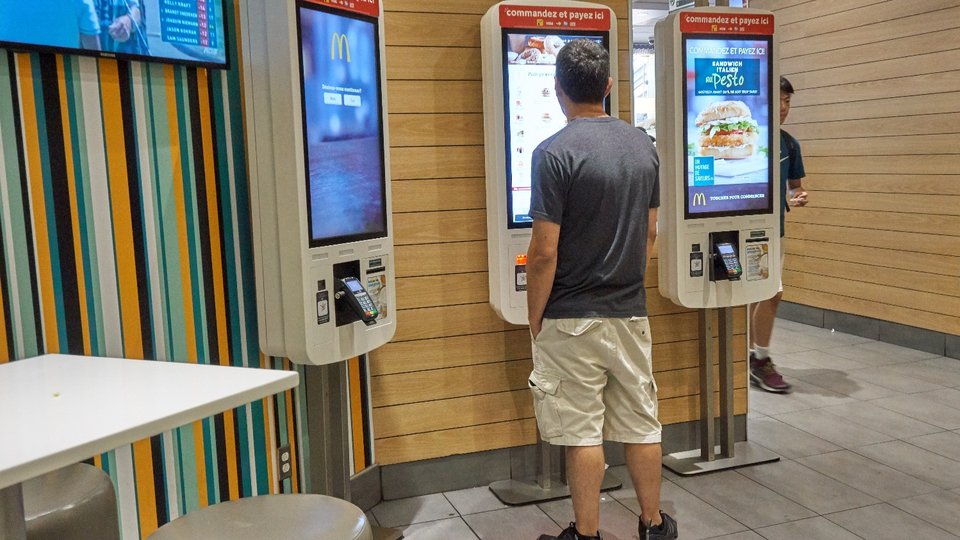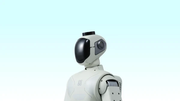Self-Service
Temple study reviews negative effects of self-service kiosks
Temple University has released a study on the negative effects of self-service kiosks in fast-casual restaurant settings.

April 15, 2024
Temple University has released a study on the negative effects of self-service kiosks in fast-casual restaurant settings, according to a report from news.temple.edu.
Published in the Journal of Hospitality and Tourism Research, the study is called "Lined up? Examining a 'waiting line' effect in technology-enabled restaurant menu ordering," was authored by Lu Lu, associate professor and Arthur F. McGonigle Research Fellow, and Wang Lee, PhD candidate at Temple's School of Sport, Tourism and Hospitality Management.
The study found that people feel pressure to hurry and finish their order when they notice a line forming behind them at a kiosk, and the pressure makes them order less food and avoid trying new items, according to the report.
"When you're working with a human employee to place your order and there's a service mishap or delay, you can attribute that fault to the employee," Lu said in the report. "The customer is not responsible for that experience, because there is a conscious human employee there... But when self-service technology is used for placing an order, more of that responsibility is shifted to the customer. This is especially true when there is a waiting line."
The full study has been made available in PDF form at researchegate.net.
 ChatGPT
ChatGPT Grok
Grok Perplexity
Perplexity Claude
Claude




